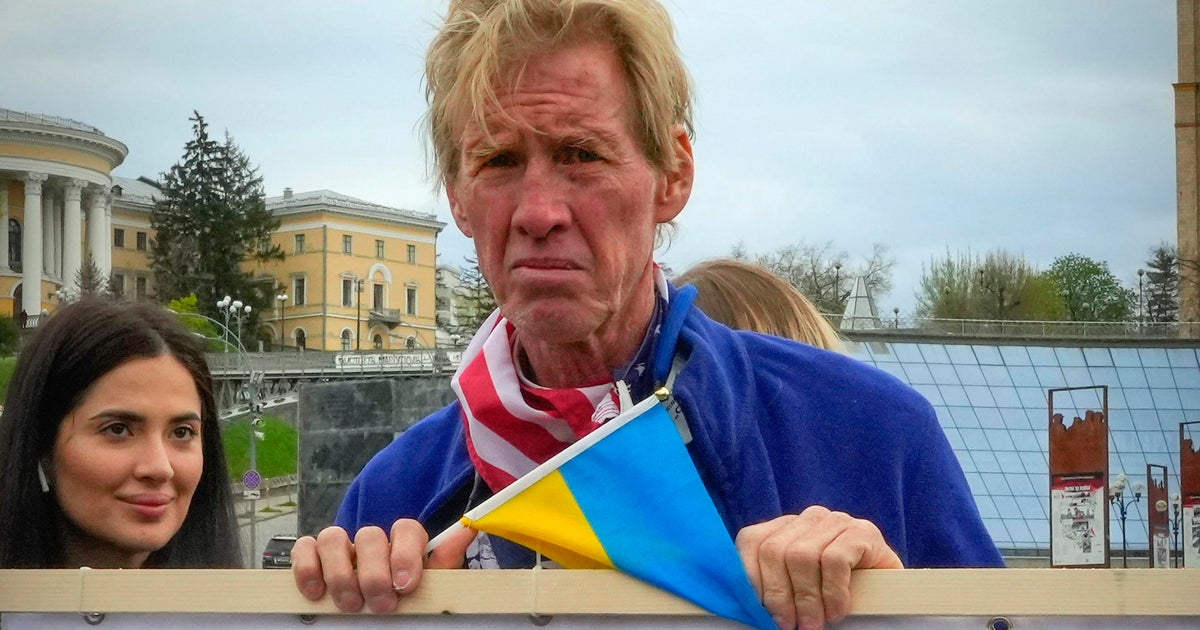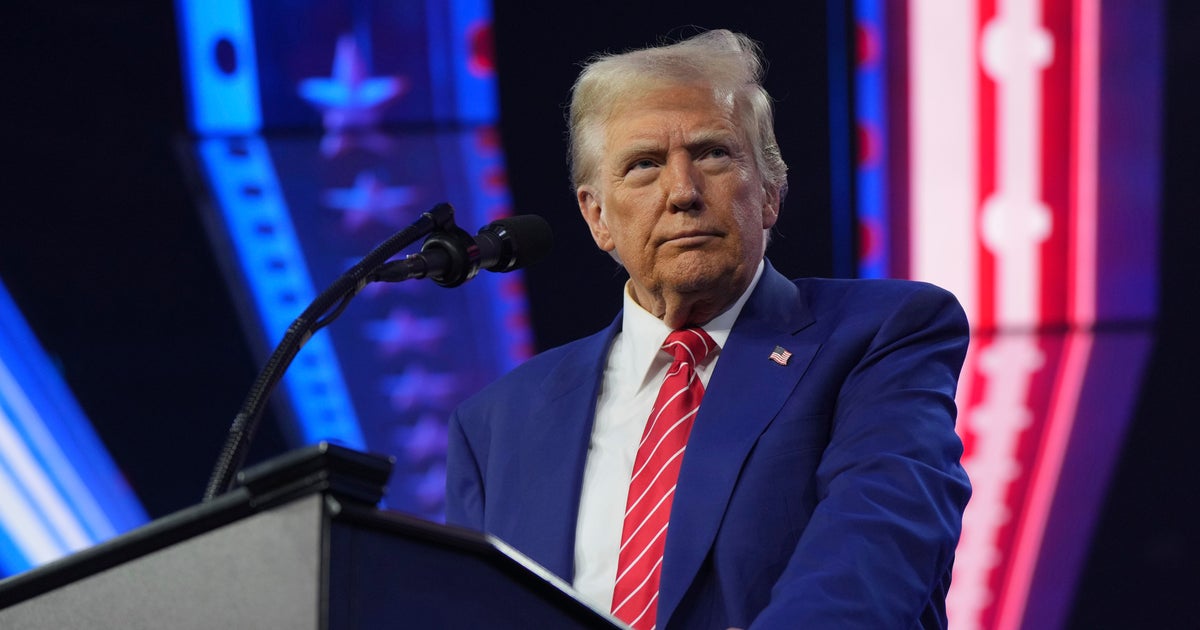Iran's foreign minister "not confident" his country and the U.S. can avert war
As tensions between Tehran and Washington reach a boiling point over U.S. accusations that Iran was behind a high-profile attack on Saudi oil fields last week, Iranian Foreign Minister Mohammad Javad Zarif said he was not confident his country and the U.S. could avert a full-blown conflict.
"No, I'm not confident that we can avoid a war," Zarif said on "Face the Nation" Sunday. "I'm confident that we will not start one but I'm confident that whoever starts one will not be the one who finishes it."
Asked to clarify his seemingly ominous statement, Zarif said any potential conflict between the U.S. and Iran would not be a "limited" one.
Last week's early morning attacks on oil processing plants in Saudi Arabia represent the latest flash-point in more than 40 years of geopolitical enmity between Iran and the U.S. that began after the American-backed monarchy fell in 1979.
The strained relationship had entered a period of relative stability under the Obama administration, which partnered with other world powers to broker a deal to reduce Iran's medium-enriched uranium stockpile in exchange for lifting economic sanctions, but it has worsened since Mr. Trump took office. In May 2018, the president withdrew the U.S. from the 2015 nuclear accord, deriding it as a one-sided deal.
Since then, the Trump administration has imposed crippling economic sanctions on Iran and accused the regime of being behind several aggressive actions in the region, including attacks on international oil tankers and the downing of a U.S. Navy drone.
Top U.S. officials like Secretary of State Mike Pompeo have publicly blamed Iran for the oil plant attacks. After days of considering options to respond, Mr. Trump on Friday ordered the deployment of additional troops and missile systems to both the United Arab Emirates and Saudi Arabia.
But during his interview on "Face the Nation," Zarif denied any Iranian involvement in the attacks, saying the country's supreme leader would have had to order such an operation, and he did not. He accused the Trump administration of "posturing" by sending more troops to the region, which he said would benefit from an end to the Saudi-led military intervention in war-torn Yemen.
Zarif suggested his government would be open to allowing a team of international investigators to probe the attacks and determine the culprit. But he said they needed to be "impartial."
"Let them do that because it would take a miracle for them to claim that, because it didn't come from Iran. Period," Zarif said.




